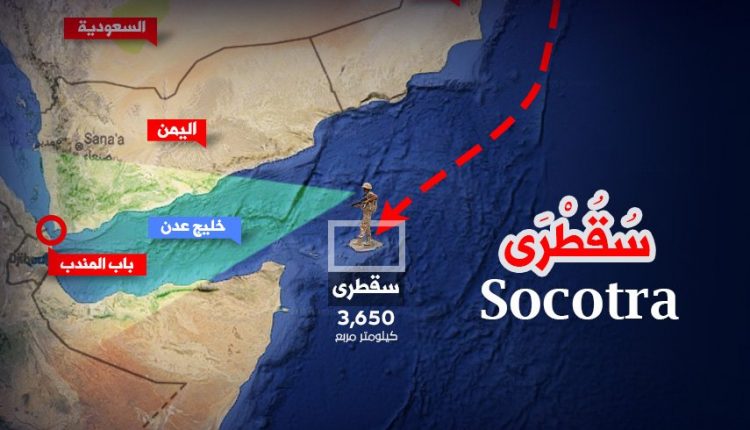A Government Official Reveals Some Aspects Of Sabotage By The Aggression In Socotra
The Executive Director of the Tourism Promotion Council, Mohammad Al-Mansour, warned of the ongoing sabotage and destructive actions of the environmental and biological diversity of the archipelago of Socotra Island by the forces of the Saudi-Emirati occupation.
Al-Mansour said in a statement to the Yemeni News Agency (Saba) that among the most prominent acts of sabotage, besides building camps and dispatching large numbers of tourists to the detriment of its ecosystem, is the indiscriminate erosion of coral reefs, the unsustainable export of fish wealth, the introduction of non-indigenous species to the island and the looting of other species from their habitat.
The Executive Director of the Tourism Promotion Board called on UNESCO to play its role and assume its responsibilities and ethical duties to ensure the preservation of the distinguished ecosystem, vegetation cover, and the unique marine and biological diversity of the island as a reserve for the natural world heritage.
Al-Mansour called on organizations interested in preserving the natural heritage and the lovers and supporters of Socotra and its honorable sons to address these violations and stop all destructive activities in the Socotra Archipelago, especially activities that negatively affect wildlife, unique landscapes, and the marine environment.
He expressed his concern about the presence of the Zionist entity on the island, especially after the Emirati occupation declared normalization with the Zionist entity.
He also called for a speedy assessment of the effects resulting from the disruptive and destructive actions of the Saudi-Emirati aggression and occupation,
Al-Mansour pointed to the importance of the island as an exceptional site that is classified as one of the most exotic regions in the world, with the great diversity it contains in its plants, it’s land and marine environment, and the proportion of endemic species in it, which includes 73% of plant species (out of 528 species), 90% of reptile species and 59% of the species of wild snails are not found in any other parts of the world.

